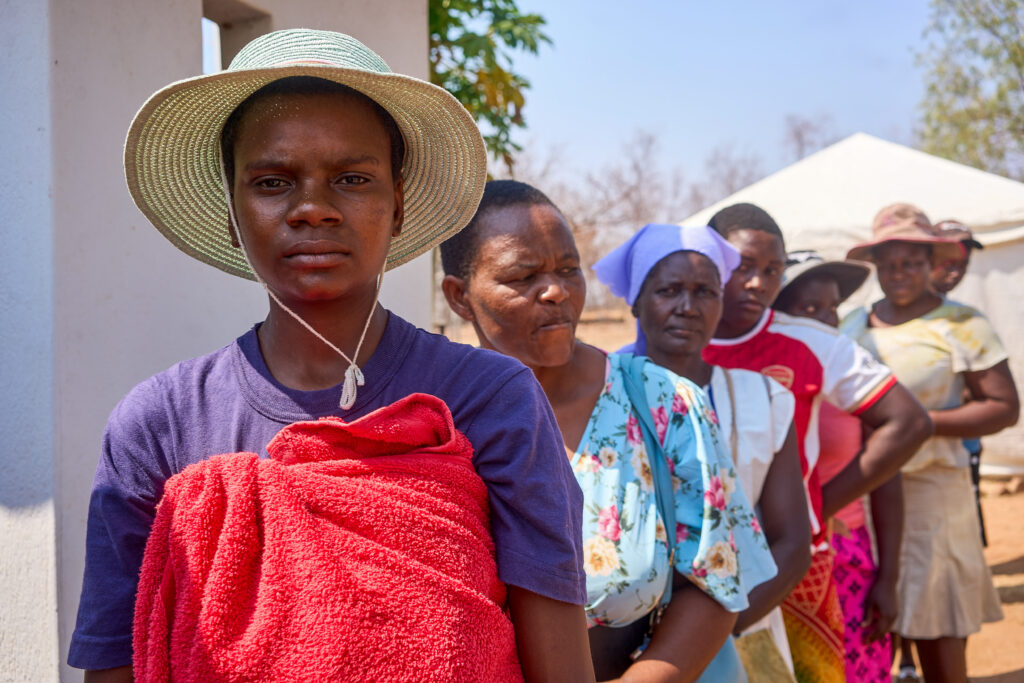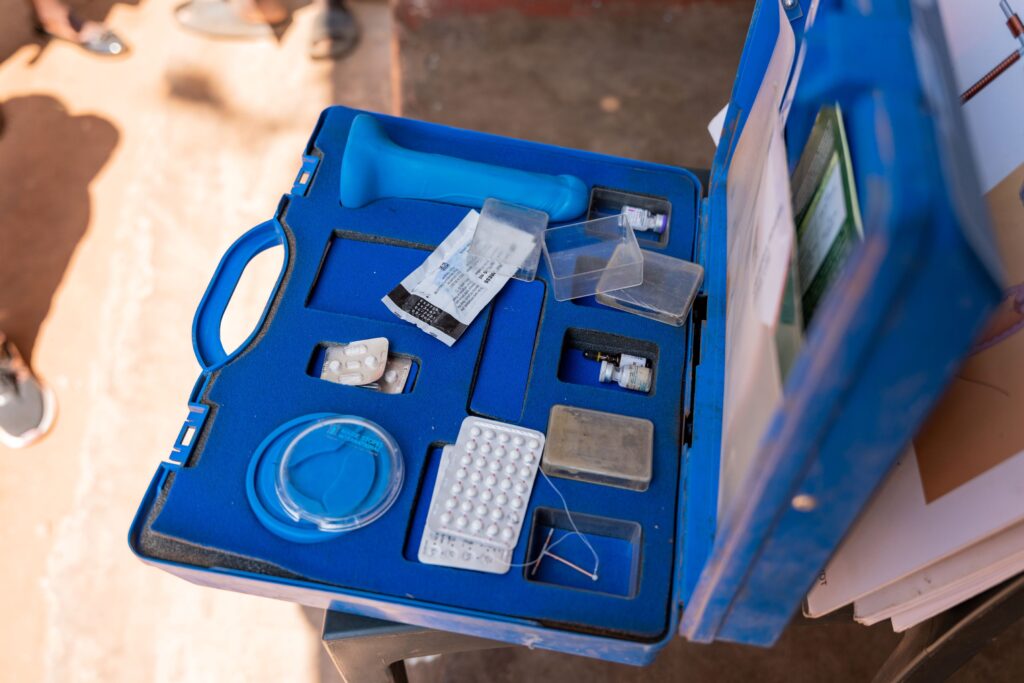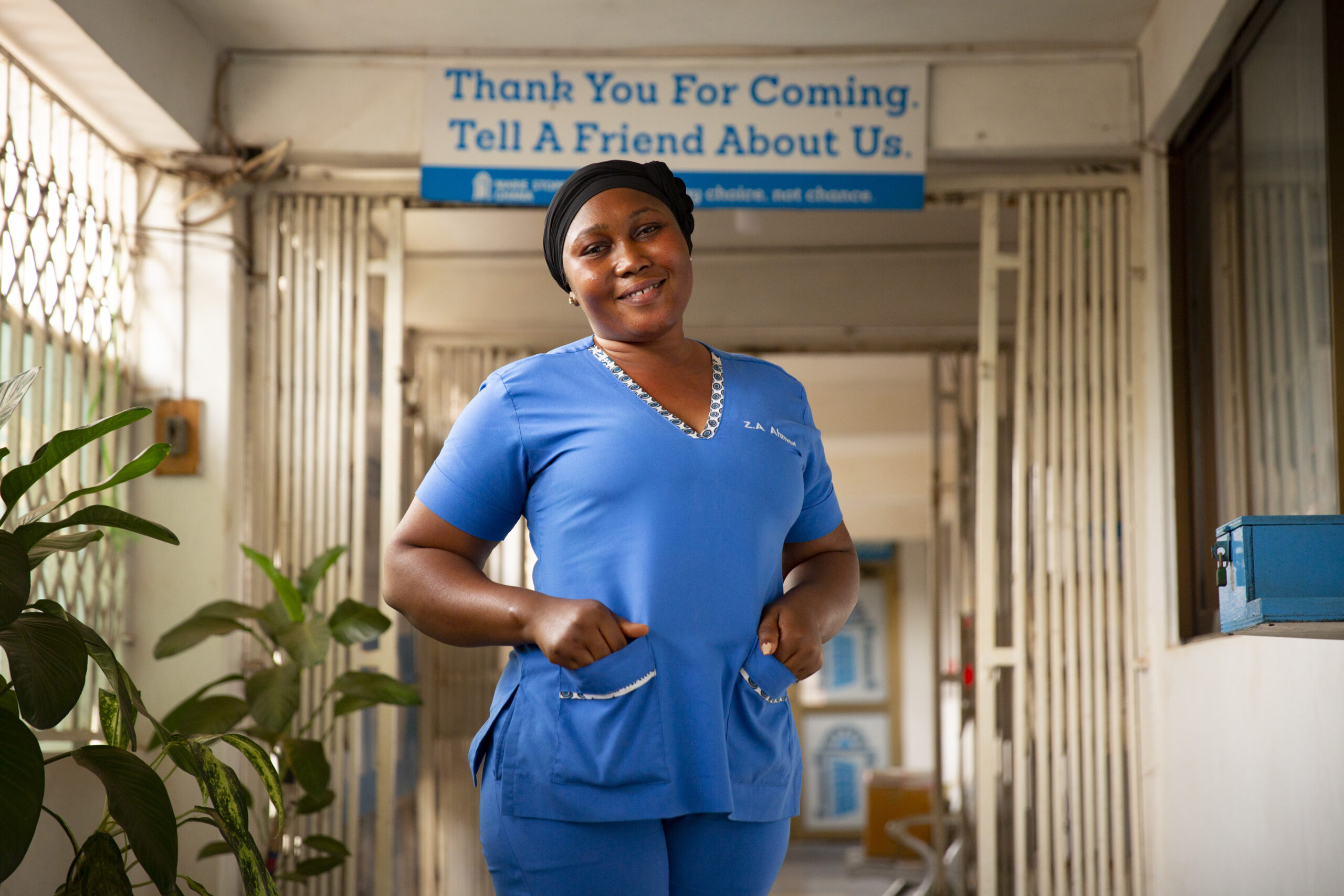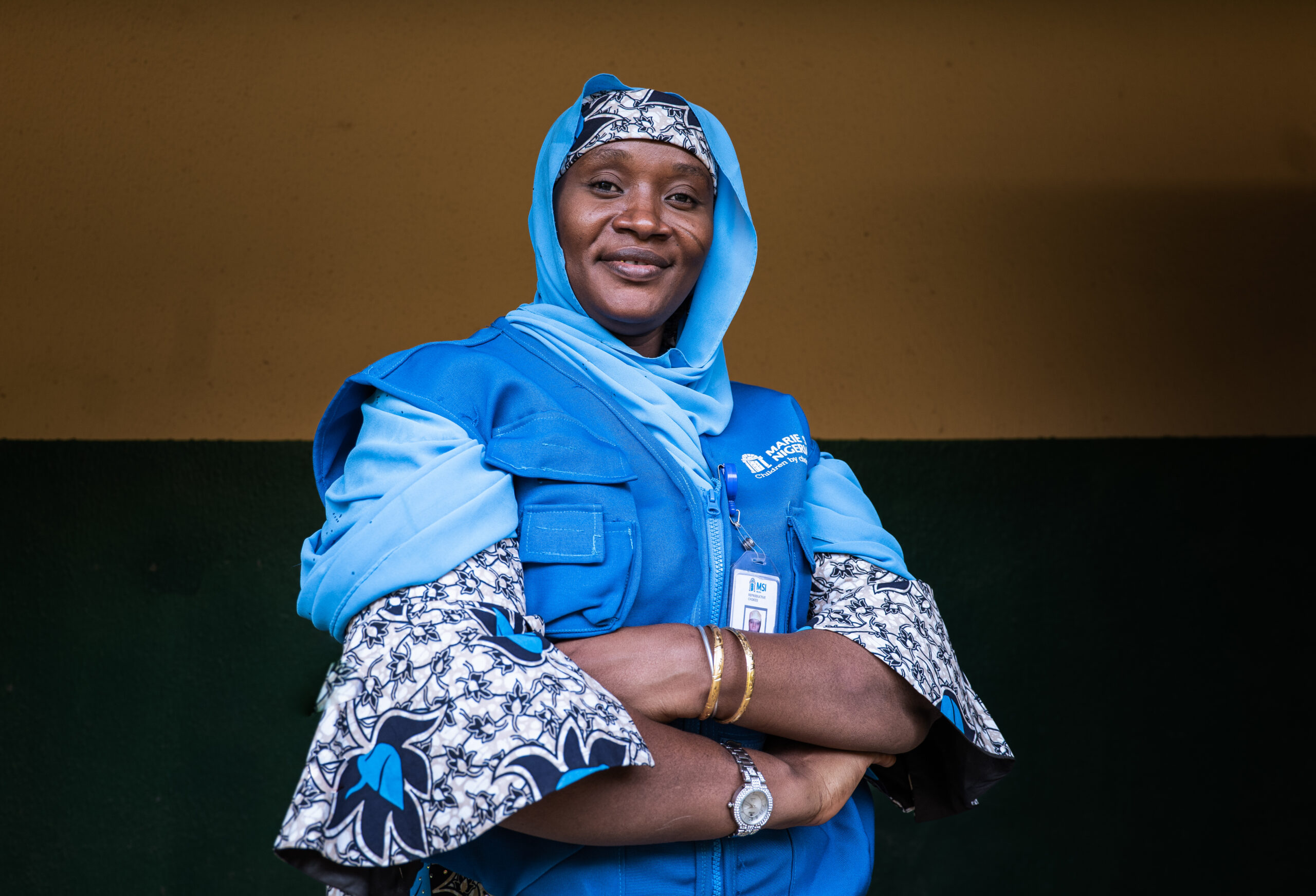Globally, MSI’s programmes and partners are grappling with unprecedented cuts to international aid. With organisations facing closure, our frontline teams are doing all they can to be there for women and girls now.

An unprecedented attack on aid
Soon after taking office, Trump’s administration reinstated the Global Gag Rule, blocking US funding for any organisation that provides, advocates for or even refers to abortion. The policy has been reinstated by every Republican government since Ronald Reagan, so MSI knew that our USAID-funded programmes, offering contraception and other life-saving reproductive healthcare, would likely close.
A slew of executive orders followed. Trump’s ‘stop work’ order led to programme closures across more than 10,000 organisations in 120 countries. And his directive to cease all US-funded activities related to diversity, equity, inclusion and accessibility (DEIA) saw inclusive health programmes end. With the stroke of Trump’s pen, women and girls were stripped of their access to healthcare and choices overnight.
The impact on frontline services
MSI’s programmes have faced a dual challenge: keeping services formerly funded by USAID open, while navigating the broader impacts on partners and health systems.
In Zimbabwe, around half of MSI’s contraceptive programmes were funded by USAID. We know that most women accessing these services have no alternative access to care. As one woman queueing for a contraceptive service with MSI Zimbabwe shared:
“Contraception enables us to let our children grow, giving them adequate love and care. If MSI Zimbabwe weren’t here, we would be suffering.”
These services are now at risk, meaning women in low-income, remote communities could be denied healthcare and the choice to prevent or space future pregnancies.
The abrupt nature of the cuts has fuelled misinformation and confusion. In Uganda, myths circulated that contraception had been banned and women rushed to have their implants removed early, as they were concerned that using contraception would now be illegal.
Work to improve access to sexual and reproductive healthcare via the public sector has been hit. In Madagascar, USAID programmes supporting the Ministry of Health to help build capacity and health systems have paused, and in Ethiopia, thousands of trained public health staff have been laid off due to funding cuts. Extensive contraceptive stock-outs are anticipated, including in Zambia, where reductions in commodities could prevent women from accessing contraception.

Fiercely holding the line for women and girls
Women and girls are having their choices taken away, but MSI’s teams are pivoting and adapting, to keep services running wherever possible.
With roughly half of MSI’s funding from our own income generating services, including via our private sector clinics and pharmaceutical channels, MSI is in a stronger position to protect services. But we will require partnership with donors who believe in the power of contraception and abortion, and can support MSI to reach under-served clients with no alternative access to this life-changing care.
As partner and public sector services face closure, we cannot let women and girls down. MSI will fiercely hold the line and defend reproductive health and rights wherever possible, so that even in settings impacted by aid cuts, women and girls can continue to make choices about their bodies, their families, and their futures.








